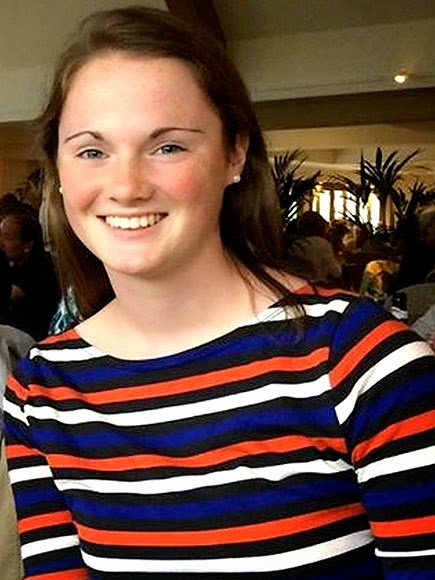The nature/nurture debate fascinates me: are we more our genes or our environment? Some people even believe we are exclusively one or the other, that we are born as is, without possibility of true change, or born a blank slate, everything ahead. Though I fall somewhere in between, I do feel that we skew more toward genes, that we come out an entire person who can be encouraged or pointed in certain directions, not to become entirely other people. Perhaps that goes some way toward explaining schizophrenia for me, that someone pushed that person to become so different that s/he became two?
In Between, Georgia by Joshilyn Jackson, her main character Nonny has resided all day every day in the literal between, a nothing town between Athens and Atlanta—between two families, between two mothers, between two warring camps, between her genes and her upbringing—and if you ask me, it’s making her more than a touch schizophrenic. Between itself is between, both a literal place and a fictional place, a barest place on a map and a dead-end state of mind. Nonny both straddles the two and pings back and forth to extremes, some days more successfully than others. Her adoptive Mama is a deaf, blind, artistic, and articulate Frett; her birth mother is a teenage, raging, careless, and absent Crabtree. Their two families each love fiercely but violently, and so often a child or another innocent gets caught in their war.
Nonny, now an adult in name, is only one in a long line of casualties, but the state of her life reflects this chaos in her unfinished degree, her languishing and toxic marriage, her childlessness, her inability to make clear decisions, and even her fear of true commitment to anyone or anything but her adoptive Mama. I have my fingers crossed for her, but it’s going to be a struggle to come out the other side, and if it’s like Jackson’s other books, my true sorrow will be when the struggle resolves , leaving me with a book hangover of the best kind.
If you want to see my rating once I finish, you can follow me on Goodreads. I rate every book I read.
 |
| http://www.joshilynjackson.com/ |



